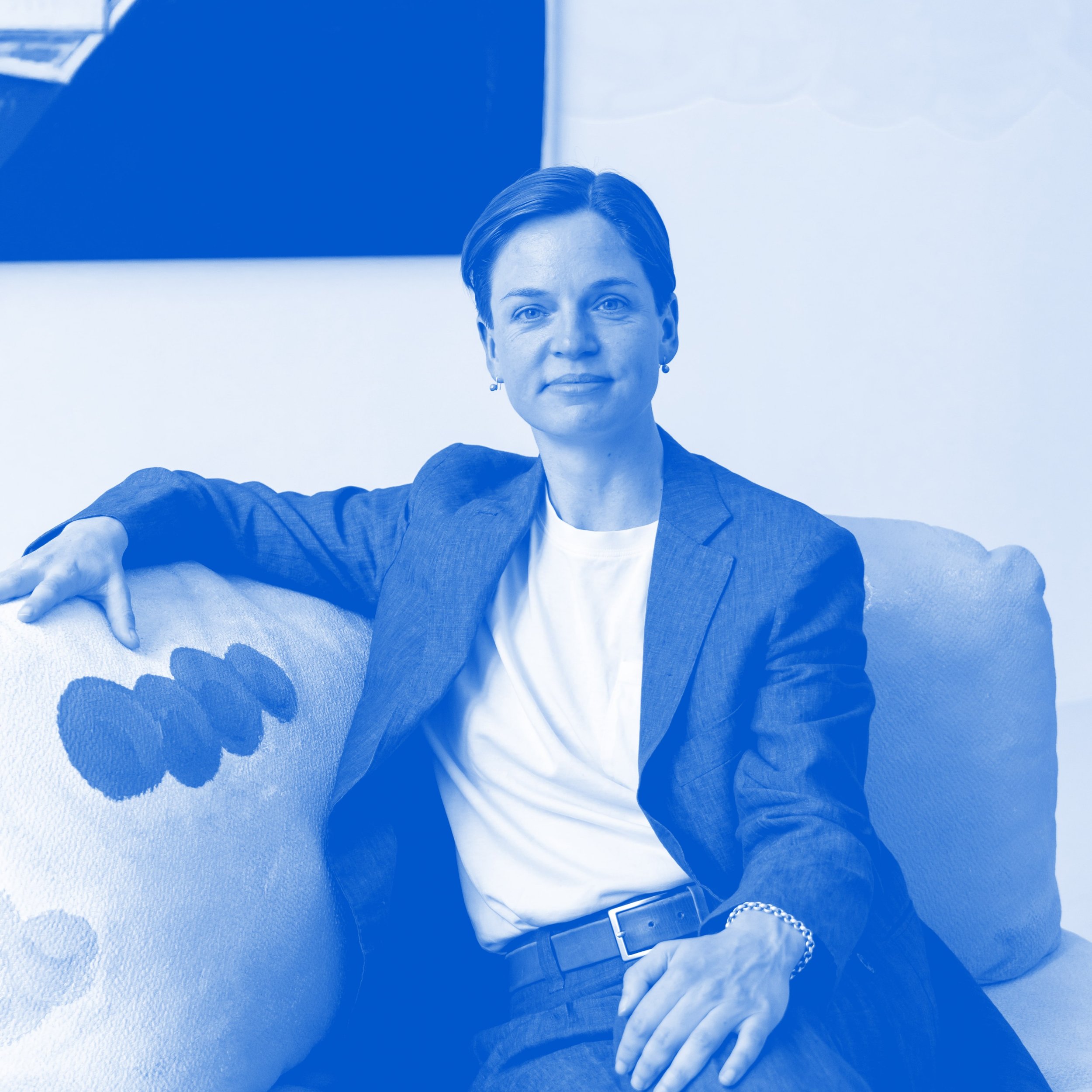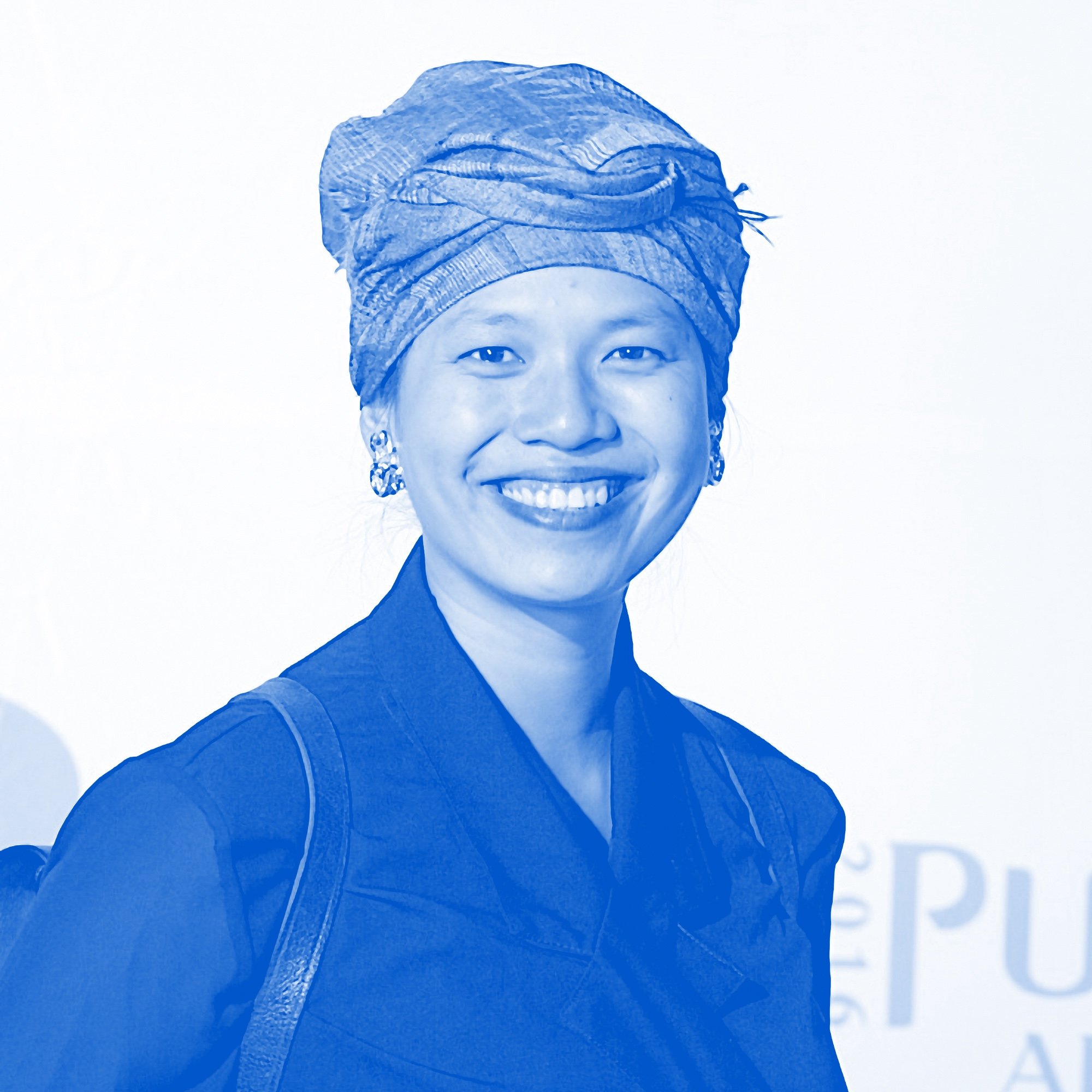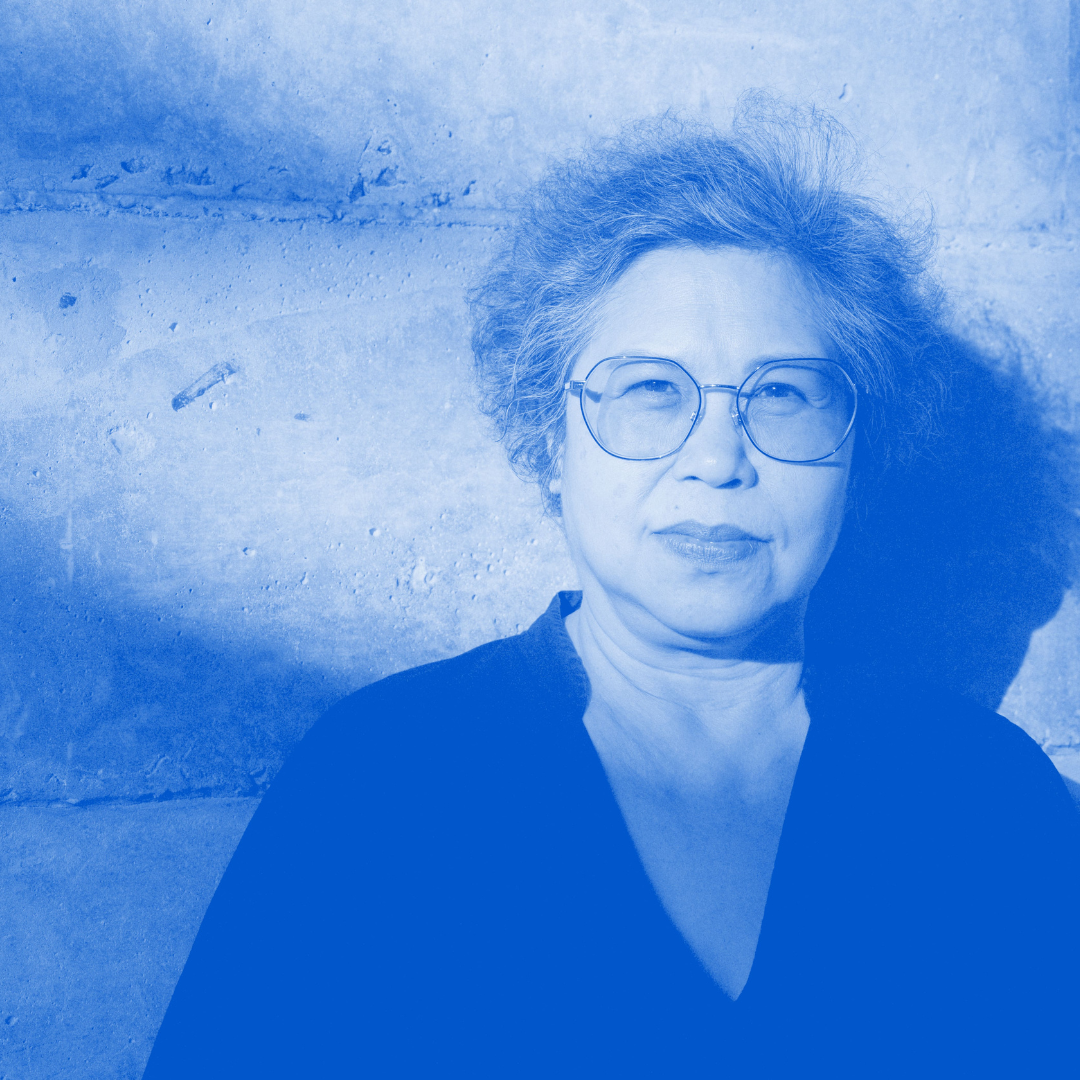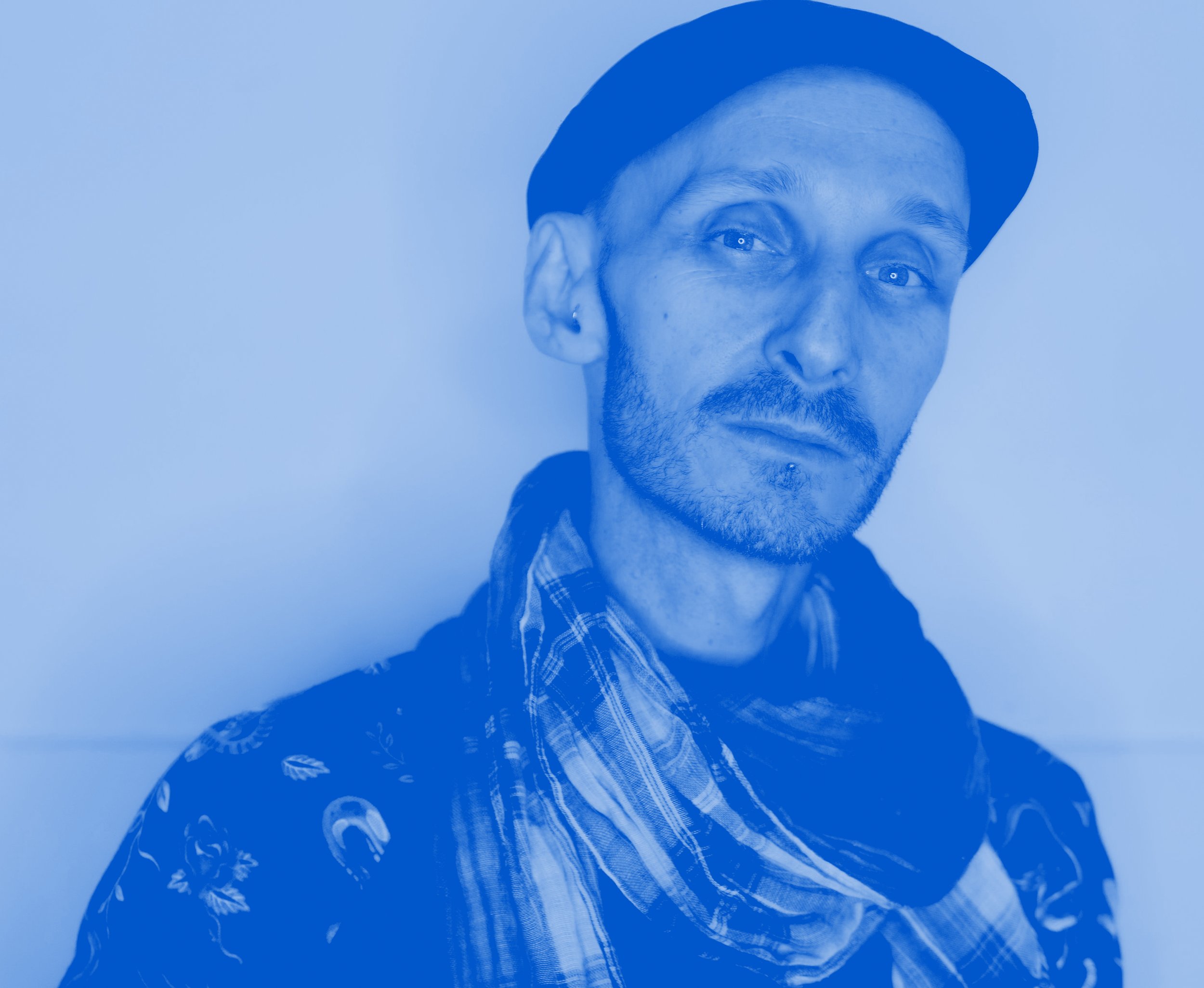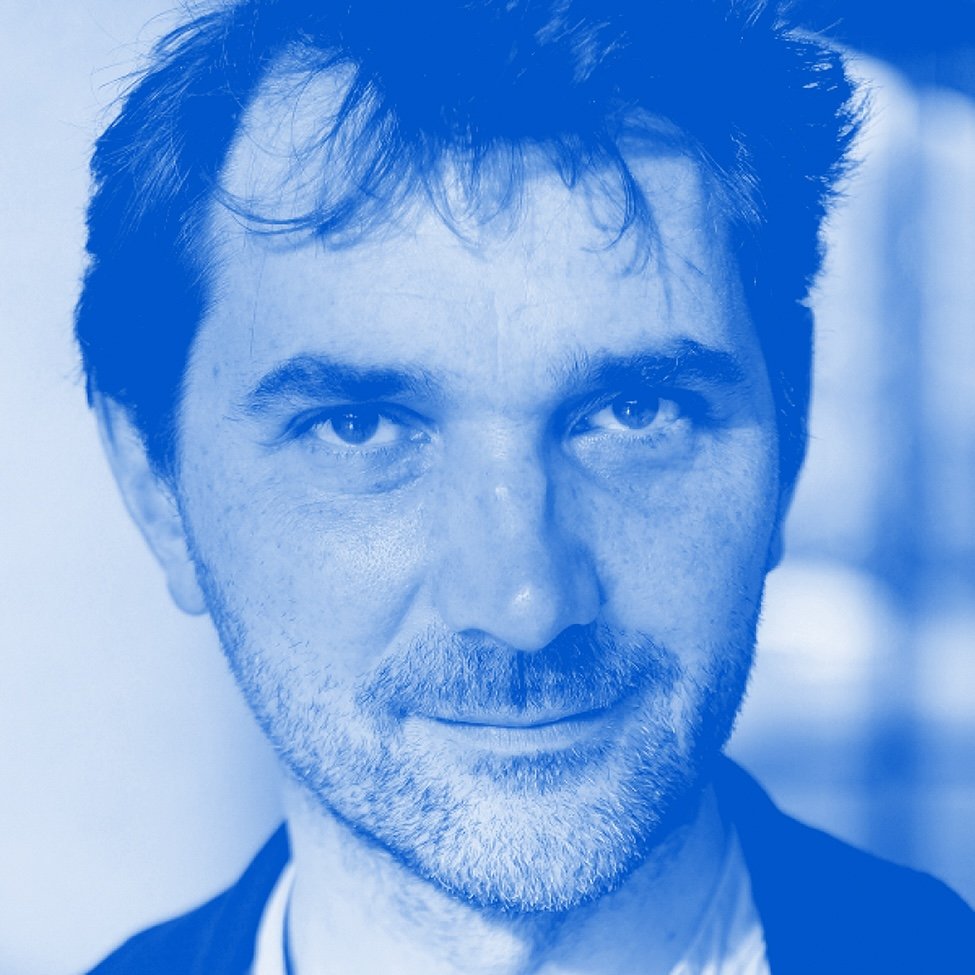The Mentor Series
Talks by eminent thought leaders from the global artistic and cultural landscape
Featuring leading voices in transnational and transformative practices. Drawing on their decades-long practices, the Fellows will address issues of cultural representation, stakeholder and public engagement, and challenge conventional perceptions on what is possible today.
Xavier Le Roy examines how monsters are made. This conference creates monsters, to generate a situation in which we are invited to re-evaluate our view of the other, our relationship to the strange, between the unacceptable and the acceptable, between the desirable and the undesirable.
Pooja Sood critically examines the potential and limitations of socially-engaged art. Can such work exist outside institutional support, or does it inevitably require resources from galleries, museums, and funding bodies? How do we measure its impact when its effects may be intangible or long-term? And most importantly, how do we ensure that socially-engaged practices will foster genuine, non-extractive collaboration with communities, rather than reinforcing existing hierarchies of power?
Vivian Ziherl unpacks the friction between international connectivity and local accountability that shape art institutions in Europe from 1989 to present times, in light of the institution's change of name, divesting from its former colonial namesake ‘Witte de With’.
Labay Eyong (Lin Gieh-wen) explicates her practice as a contemporary weaver and installation artist traversing between the modern and the ancient. Followed by film screening of “裹山 Dungku Asang” by Tommaso Muzzi inspecting the Bunun people in Jhuosi Township and their work in a serpentinite marble quarry.
Gridthiya Gaweewong examines her curatorial work in emphasis of small narratives and alternate histories that critically address socio-political contexts.
Marc Brew reflects on what it means when everything in life suddenly turns upside down and what it takes to deal with such a key moment of change. When Marc was 20 he was paralysed from the waist down after a car accident that, he assumed, would put an end to his promising dance career.
Anne Bogart posits what distinguishes the theatre from all other art forms is that the subject matter of the theatre is always social systems.
With an insight into her curatorial practice Shermin Langhoff expounds on iconic topics from her context: identity and nation, seeking refuge and community, dis-integration, “deheimatisation” (homeland-belonging), solidarities, protest and futurities including the seed ideas of the upcoming 7th edition RE-IMAGINE! Curatorial possibilities and impossibilities in addressing history, political contexts and the challenges of the present.
Anselm Franke explores concepts of genesis, genre, reproduction, and origination drawing on theories of performativity and mythopoeia, as well as recent historiographic re-visions from ancient times to the Cold War era.


